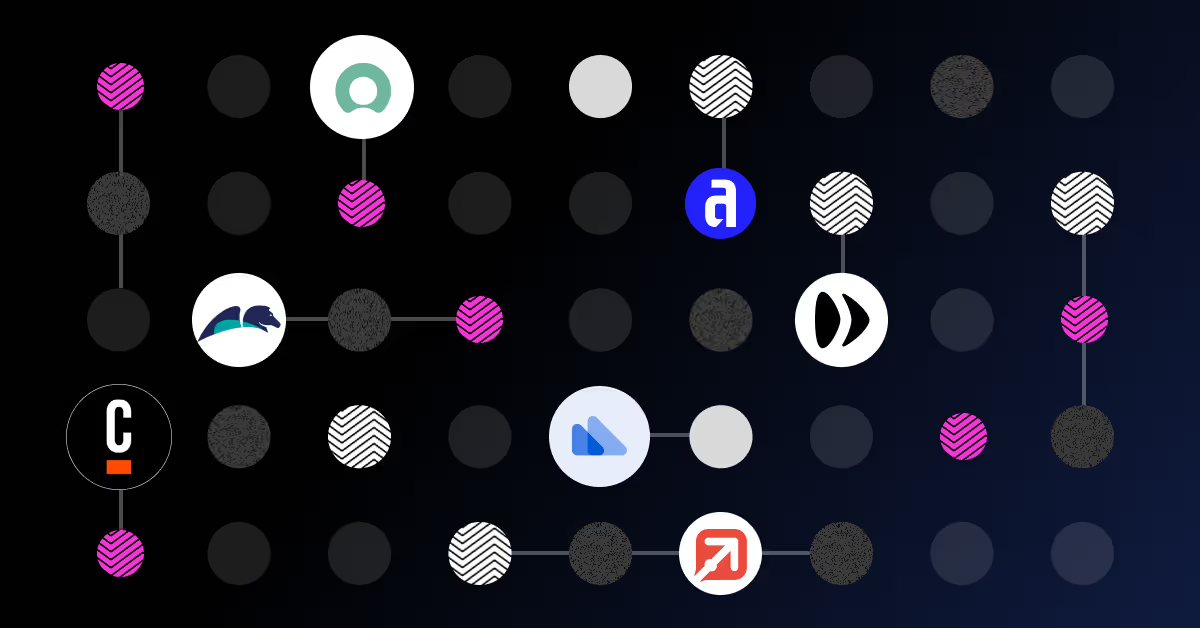Improving operational efficiency in HR

Learn how automation and orchestration solutions can greatly improve the operational efficiency in your HR department, freeing up time for higher-value tasks.
The Great Attrition is brewing a labor shortage unlike any other the U.S. has faced historically. With employees taking on non-traditional forms of employment, retiring early, starting their own businesses, or simply choosing to take a break, organizations across sectors are struggling to meet the demand.
McKinsey, 2021
The digital transformation wave is reshaping industries, and HR departments play a crucial role in managing the workforce's response to these changes. As automation replaces certain jobs and creates new ones, HR personnel will be instrumental in supporting employees to upskill and transition into new roles. To focus on these critical responsibilities, HR departments need to free themselves from the paperwork that often consumes their time. Although many HR departments already use software tools, they are often fragmented and require substantial manual input, especially in areas such as employee onboarding, payroll, and employee queries.
Transforming HR operations
In addition to the anticipated impact of automation, HR departments are currently facing an exceptionally competitive recruitment market across many industries. Attracting and retaining top talent goes beyond job listings; candidates seek work environments where they feel valued and have opportunities for skill development and career growth. This should be the primary focus of HR departments, but they are often hindered by repetitive administrative tasks. However, when manual work is reduced, and personnel are freed up for more valuable work, significant benefits can be realized. Workflow automation software provides an ideal solution for improving HR efficiency.
Improving operational efficiency in HR
Here are the most effective tactics for leveraging digital transformation to enhance operational efficiency in HR:
Tactic 1: Document verification
Verifying new employees' information to confirm their right to work in the country is a time-consuming process when done manually, increasing the risk of errors and potential illegal employment. Utilizing the right software can automate this process, speeding up procedures, reducing errors, enhancing organizational security, and freeing up HR personnel's time for other tasks.
Tactic 2: Employee onboarding
The onboarding process sets the tone for new employees' experiences within a company. However, it is often bogged down by administrative tasks, involving multiple systems and taking weeks to complete. Digital onboarding streamlines the process, centralizes processing, and significantly reduces the time required. New employees can start working without being burdened by paperwork, and HR staff can focus on providing necessary support.
Tactic 3: Task coordination
Large HR departments need to manage and keep track of hundreds of employees' shift patterns, which frequently change or get canceled. Additionally, sick days and holidays must be accounted for. Ensuring appropriate staffing levels, especially during busy periods, can become a logistical challenge. Process automation tools can support HR teams by streamlining work allocation, handling time-off requests, and facilitating shift adjustments, drastically reducing their workload.
Tactic 4: Meet service level agreements (SLAs)
HR departments receive numerous queries every day, often through various channels such as emails, calls, or in-person visits, making it challenging to track and address them all. Implementing a ticket and case management solution ensures that requests come through a single channel, simplifying the process and providing visibility over all queries.
Tactic 5: Payroll
Payroll administration can be time-consuming, particularly for larger organizations still using outdated software solutions that require significant manual work and are prone to human errors. Automating payroll tasks, such as using bot workers through a process orchestration tool, minimizes time spent on payroll administration and reduces potential errors, ensuring accurate and timely payments.
Tactic 6: Integrating new technology and legacy systems
Most HR departments cannot replace all their existing legacy systems with a single new solution. Therefore, finding new technology that seamlessly integrates with essential systems becomes crucial. To ensure compatibility, it is essential to choose a technology-agnostic platform that can wrap around the current tech stack, enabling smooth integration.
Tactic 7: Intelligent automation
Leveraging intelligent automation to handle repetitive and rule-based tasks in HR saves significant time and creates a more efficient working environment. However, it's important to note that these technologies may encounter exceptions, and human judgment remains crucial in many situations. Scaling and ensuring smooth work hand-offs can also pose challenges. Select a solution that maintains human involvement to address potential issues effectively.
HR orchestration solutions

About us
Enate is an end-to-end workflow platform that integrates with your existing tech stack, enhancing operational efficiency within your HR department. Streamline operations, track workflows, identify automation opportunities, and allocate work to the right resources, whether human or bot.




